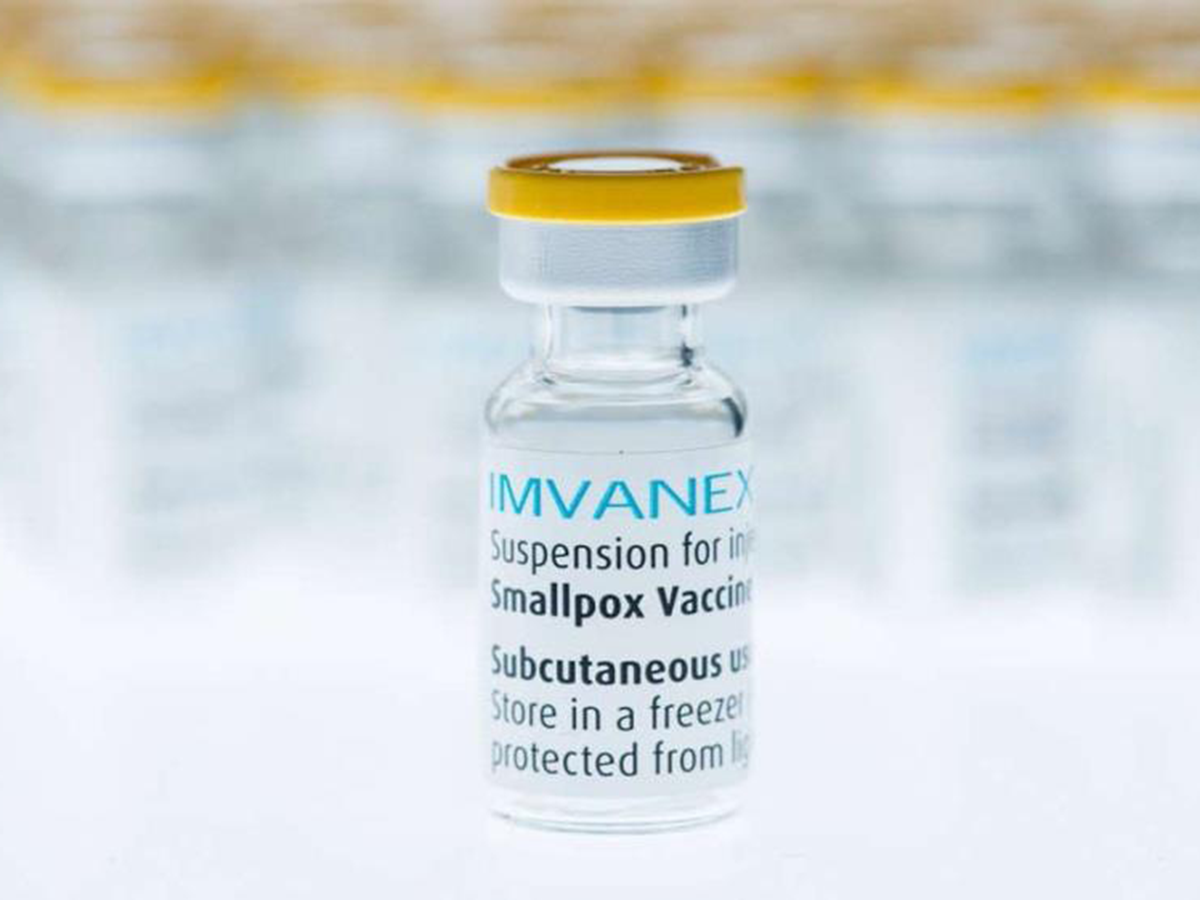Monkeypox vaccine from Danish company endorsed by EU regulator
Imvanex could be used to treat Monkeypox, in addition to already treating smallpox.
-

The Imvanex could treat smallpox - now the Danish company is looking to include Monkeypox on the label.
On Friday, Danish biotechnology company Bavarian Nordic said the European Union's drug regulator recommended its Imvanex vaccine be approved to include that the vaccine is protective against monkeypox on its label.
The European Medicines Agency (EMA) had "adopted a positive opinion recommending that the marketing authorization for the company's smallpox vaccine, IMVANEX, is extended to include protecting people from monkeypox disease," Bavarian said.
The vaccine, which is the only one to have won approval for the prevention of monkeypox in the US and Canada, has EU approval to only treat smallpox.
However, the company has supplied the vaccine to a number of EU countries during the current monkeypox outbreak - but on "off-label" use.
"The extension of the label will help to improve access to the vaccine throughout Europe and strengthen the future preparedness against monkeypox," Bavarian CEO Paul Chaplin said in a statement.
The EMA recommendation will be referred to the European Commission for final approval shortly, according to the company.
Read more: EU to buy over 110,000 monkeypox vaccines as outbreak grows
WHO wants vaccine efficacy data in Monkeypox battle
In late June, the WHO called for "intense" efforts to combat the virus, as well as broad data collection and sharing on how well vaccines work against it.
Since early May, experts have detected an increase in Monkeypox cases outside of the West and Central African countries where the disease has long been endemic. The majority of the new cases have occurred in Western Europe.
"I am concerned about sustained transmission because it would suggest that the virus is establishing itself and it could move into high-risk groups including children, the immunocompromised and pregnant women," WHO Chief Tedros Adhanom Ghebreyesus told reporters. "We are starting to see this, with several children already infected." There are two cases aged under 18 in Britain.
Soumya Swaminathan, WHO chief scientist, has called for "very careful studies of the vaccine in different population groups... so that we get broadly applicable data, and also to ensure that children, pregnant women, and immunosuppressed are considered for inclusion in these trials."
As of June 22 of this year, the WHO had received reports of 3,413 laboratory-confirmed cases and one death from 50 countries.

 3 Min Read
3 Min Read








